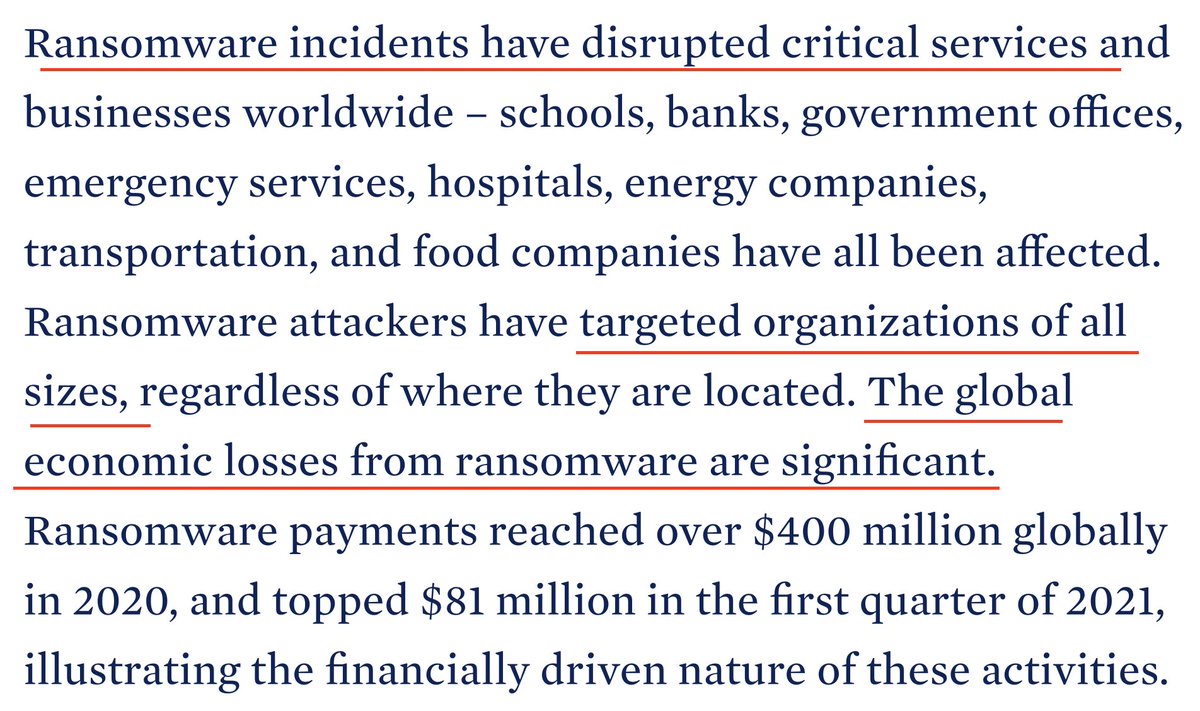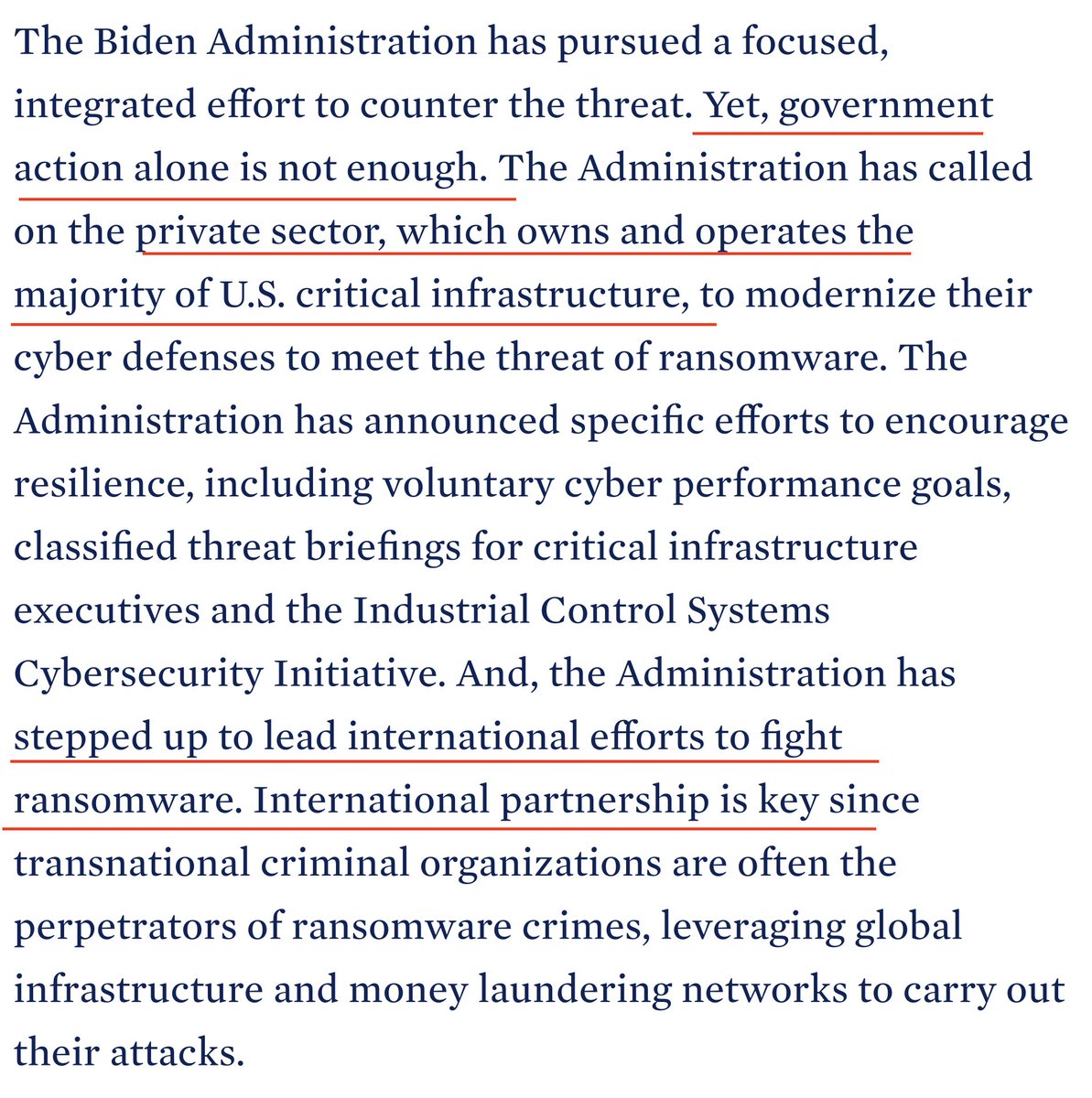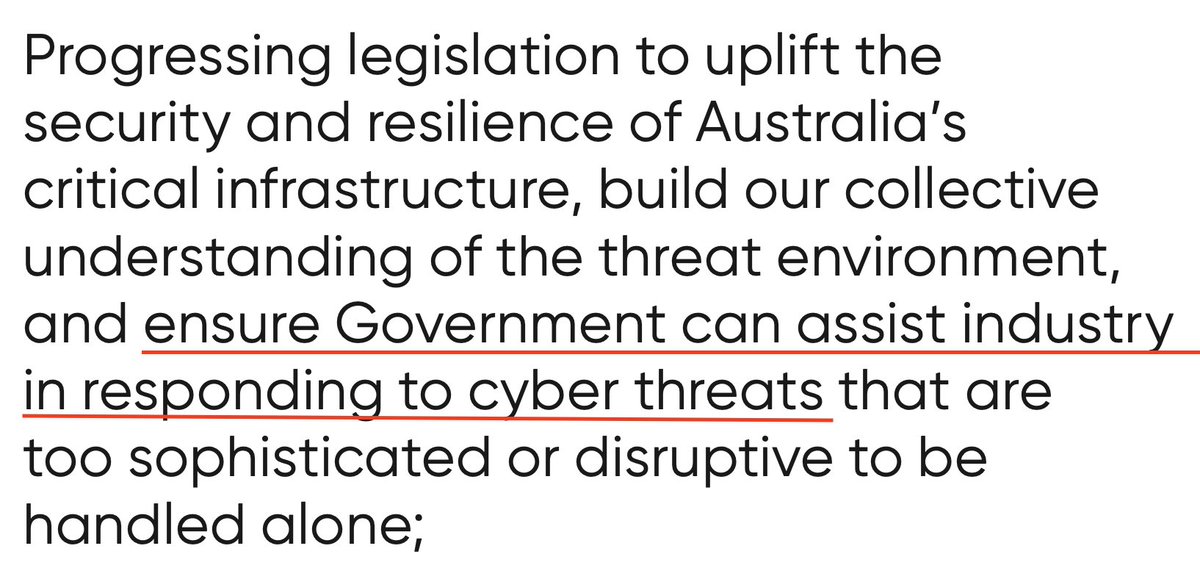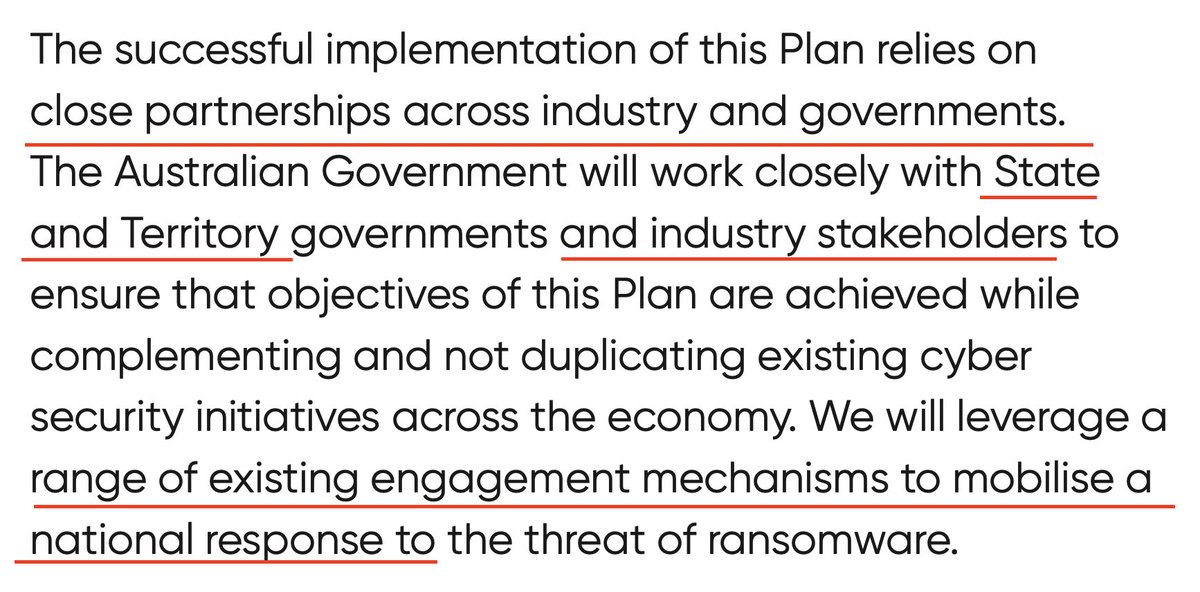
Per the PM's speech, 4 pillars of Indian #SpacePolicy:
1) allowing the private sector to innovate;
2) government acting as an enabler;
3) preparing the youth for the future; and
4) seeing the space sector as fuel for India's development.
#CriticalInfrastructure
1) allowing the private sector to innovate;
2) government acting as an enabler;
3) preparing the youth for the future; and
4) seeing the space sector as fuel for India's development.
#CriticalInfrastructure
https://twitter.com/narendramodi/status/1447443874931097602
Nicely in synch with the Quad's agenda for space cooperation.
This operates, of course, in the context of India's prowess via its space agency, @isro. I note that in 2013, India put Mangalyaan, its Mars probe, into orbit around the Red Planet with a budget smaller than that for the _movie_, 'The Martian'.
In 2017, it set a record (only broken this year by SpaceX) by deploying 104 satellites in one go.
And now, that prowess will be supercharged via the greater involvement of the private Indian space sector, operating under the auspices of @ISpA_India.
And now, that prowess will be supercharged via the greater involvement of the private Indian space sector, operating under the auspices of @ISpA_India.
With the government, of course, acting as an aggregator of resources and a facilitator.
I particularly loved the detail and the ambition in the PM's remarks, reflective of his broader approach to policymaking.
I particularly loved the detail and the ambition in the PM's remarks, reflective of his broader approach to policymaking.
As a proud Australian, I grinned while hearing the Indian PM's speech and his remarks about the creation of an enabling policy environment for space projects.
Because India's expertise and strength as a space power will act as a force multiplier for our own burgeoning space...
Because India's expertise and strength as a space power will act as a force multiplier for our own burgeoning space...
... capability as well as that of our other allies and partners, and help ensure that space is not dominated by countries with an axe to grind with the rules-based international order we hold so dear.
#CriticalInfrastructure #KeepGoingIndia
#CriticalInfrastructure #KeepGoingIndia
• • •
Missing some Tweet in this thread? You can try to
force a refresh












